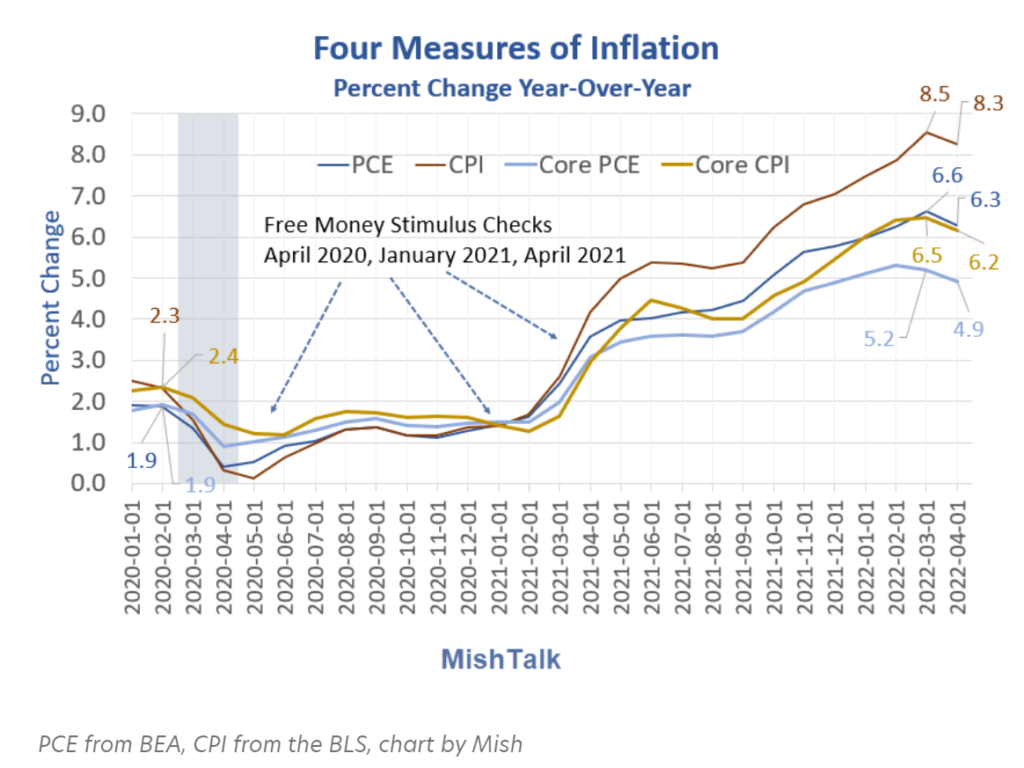Link: https://www.federalreserve.gov/newsevents/speech/powell20230110a.htm
Excerpt:
It is essential that we stick to our statutory goals and authorities, and that we resist the temptation to broaden our scope to address other important social issues of the day.4 Taking on new goals, however worthy, without a clear statutory mandate would undermine the case for our independence.
In the area of bank regulation, too, the Fed has a degree of independence, as do the other federal bank regulators. Independence in this area helps ensure that the public can be confident that our supervisory decisions are not influenced by political considerations.5 Today, some analysts ask whether incorporating into bank supervision the perceived risks associated with climate change is appropriate, wise, and consistent with our existing mandates.
Addressing climate change seems likely to require policies that would have significant distributional and other effects on companies, industries, regions, and nations. Decisions about policies to directly address climate change should be made by the elected branches of government and thus reflect the public’s will as expressed through elections.
At the same time, in my view, the Fed does have narrow, but important, responsibilities regarding climate-related financial risks. These responsibilities are tightly linked to our responsibilities for bank supervision.6 The public reasonably expects supervisors to require that banks understand, and appropriately manage, their material risks, including the financial risks of climate change.
Author(s): Jerome Powell
Publication Date: 10 Jan 2023
Publication Site: Federal Reserve

